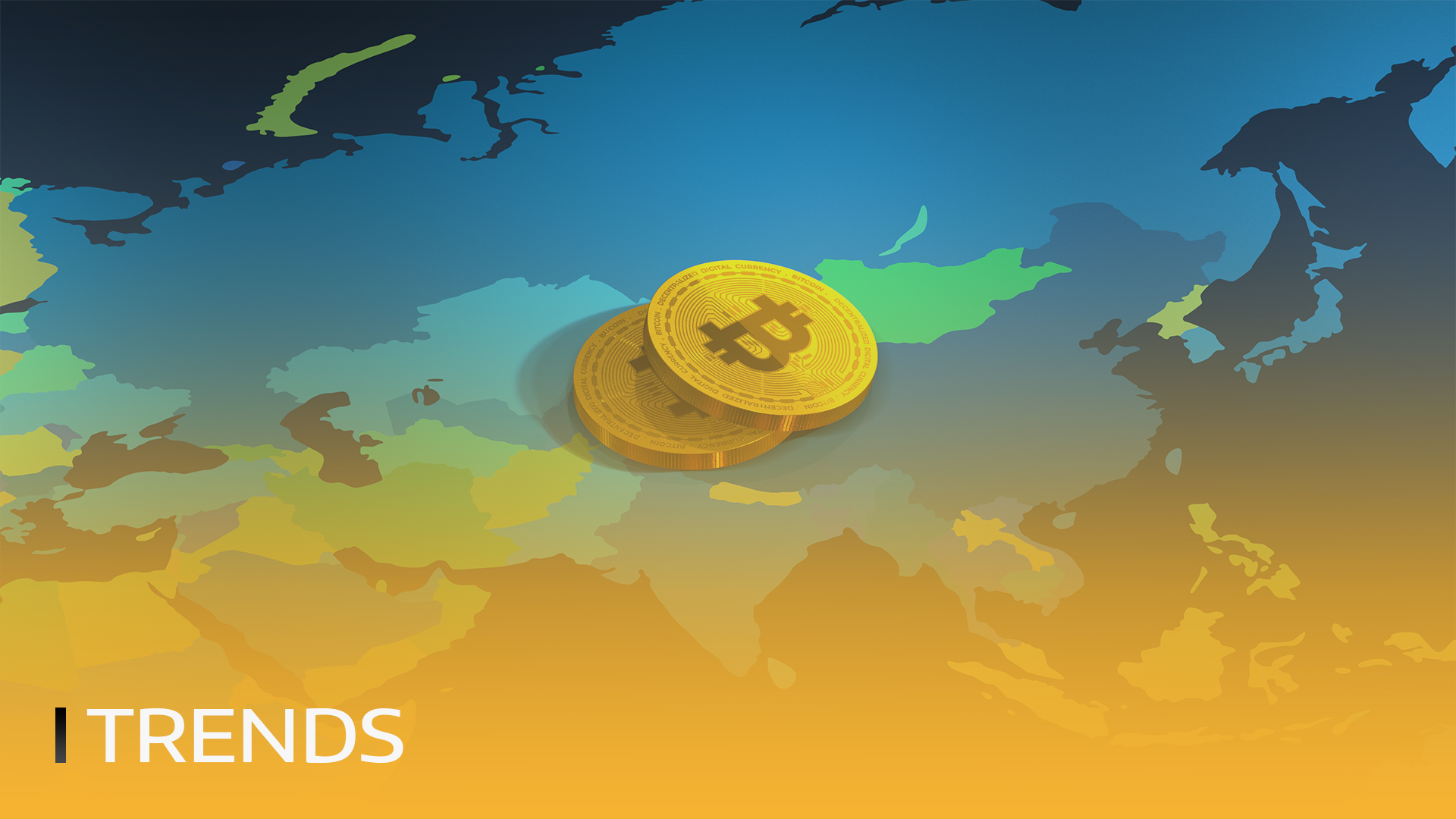Which Countries are Driving Crypto Adoption the Most?

As of 2023, the estimated global crypto ownership rates hovered above 4%, with over 420 million crypto users worldwide, and given the omnipresent high adoption rate, that number can easily hit 1 billion by mid-decade.
Current market trends suggest that mass global crypto adoption is already taking place. Having said that, people in the west – mostly in the U.S. or Europe – are not the driving force behind crypto adoption, nor is the adoption driven prevailingly by Bitcoin (BTC).
On the ground, the actual global crypto adoption is being driven on two different levels. The first one is peer-to-peer (P2P) transactions and the second one is the business and institutional adoption.
Crypto grass-roots future is elsewhere
Developed countries have been leading the adoption of crypto payments through institutional and business channels. Mainstream companies took interest in cryptocurrency and blockchain in 2021.
Giants like Visa, Tesla, Mastercarc took their first steps toward facilitating cryptocurrency payments. The list is long and includes Starbucks, Newegg, Home Depot, Rakuten, Twitch, CheapAir.com, AMC Theatres, AT&T and many more industry and market leaders.
Contrary to popular belief, third-world countries and emerging markets are the force which is driving crypto adoption - because of necessity. Often, these nations are going through significant currency devaluation, with their governments placing limits on the amounts of the national currency which can exit the country.
Crypto is solving the people’s real problems
Cryptocurrencies represent a risky trading opportunity in which investors, traders and scalpers can capitalize on volatile price movements. Other popular uses for crypto involves the acquisition of stablecoins, such as those pegged to the U.S. dollar, which can be used as savings, for daily payments or a haven against volatile market conditions.
By buying cryptocurrency on P2P platforms, traders are also able to better preserve their savings and perform international transactions. In Venezuela, Lebanon and Argentina, cryptocurrencies have gained popularity due to their prevailing characteristics as protectors against hyperinflation.
Furthermore, people from Ukraine and the Russian Federation have benefited from P2P platforms to send or receive funds during armed conflicts, circumventing the banking limitations, while countries including Central African Republic or El Salvador have set Bitcoin (BTC) as one of the recognized official currencies.
Wrapping it up
From the people’s perspective, global crypto adoption is being spearheaded by emerging markets, where cryptocurrencies are offering solutions to people’s everyday problems, including hyperinflation and worsening economic conditions. Yet, when looking at the institutional point of view, global market leaders including Tesla, Visa, MasterCard and Twitch have doubled up efforts towards facilitating crypto transactions.
To wrap it up, current market trends point towards the fact that developed nations are driving cryptocurrency adoption via institutional and business effort, while the general public of developing economies – from students and labor workers to retirees – are utilizing crypto on a much higher scale to counteract negative market conditions.

Try to invite your friends and earn together
10% of trading fees of your friends and 5% from the earnings of your friends.

